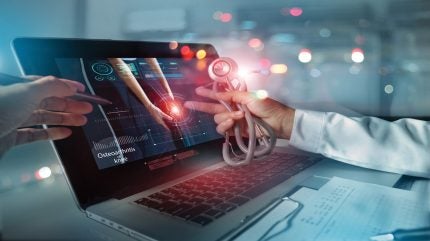
Researchers at the University of Manchester are trialling a new system designed to enhance daily record management for patients suffering from rheumatoid arthritis.
The trial is being funded jointly by the UK Government’s National Institute for Health and Care Research (NIHR) and the charity Versus Arthritis.
The new Remote Monitoring of Rheumatoid Arthritis (REMORA) technology, claimed to be a first-of-its-kind system for the UK’s National Health Service (NHS), will integrate patients’ daily symptom data into their health records.
It enables patients to use a symptom tracking app on their smartphones or tablets and sign in from home using their NHS login details.
The system is expected to transform the care of individuals with long-term conditions, who often struggle to recall and describe their symptoms during medical appointments.
The trial aims to assess whether integrating tracked symptoms into the NHS can improve patient outcomes compared with the standard of care.
It will randomly assign patients to either symptom tracking or a control group and will be conducted across 16 hospitals in Greater Manchester and North West London over the next two years, with results anticipated in 2026.
The study will also determine the system’s cost-effectiveness and address challenges related to technology adoption within the NHS.
The REMORA trial is being co-led by University of Manchester professor and Salford Royal Hospital consultant rheumatologist Will Dixon and University of Manchester health informatics senior lecturer Dr Sabine van der Veer.
Dixon said: “Real-time tracking from home allows patients and doctors to spot patterns that would otherwise have been missed or forgotten, like flares or gradual changes following treatment.
“By tracking symptoms day-to-day and making them automatically available at consultations within electronic medical record, we will generate a clearer picture of how someone has been in last six months which could have a transformative impact on treatment and care.”



